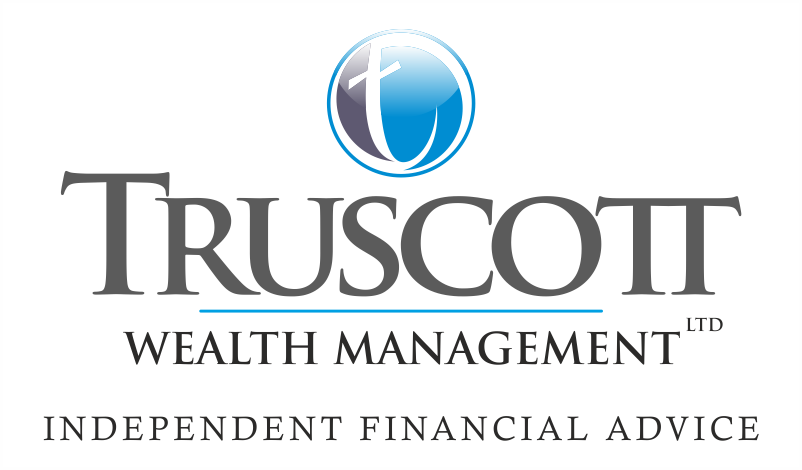From July 2014, ISA’s (‘New ISA’s) can be used to hold stocks and shares or cash, or any combination of these, up to the current annual limit. An ISA is a ‘wrapper’ that can be used to help save you tax.
When might a Stocks and Shares ISA be for you?
- You are happy to put your money into investments but want to protect any profits from tax or to protect dividends from higher-rate and additional-rate tax (dividends are taxed at 10%, however this provides no benefit to basic rate taxpayers)
- You are looking to tie up your money for at least five years
- You haven’t used up your total ISA allowance for the current tax year
- You’re comfortable with the fact that the value of your investments can go both up and down and that you may get back less than you invested
What investments are held in Stocks and Shares ISAs?
A Stocks and Shares ISA is a ‘wrapper’ that can be put around a wide range of different investment products to help save you tax. Lots of different types of investment can be held in an ISA, including:
- Unit trusts
- OEICs (Open Ended Investment Companies)
- Investment trusts
- Exchange traded funds
- Corporate and government bonds
- Individual stocks and shares
How Stocks and Shares ISA’s work
Your allowance is how much you can pay in, not the total value of your investments, so if you put your whole allowance in a Stocks and Shares ISA and it falls in value you cannot top it up in the same tax year.
- You can pay your whole allowance of £15,240 (2015/16 tax year) into a Stocks and Shares ISA, a Cash ISA, or a combination of these.
- Your yearly ISA allowance expires at the end of the tax year and any unused allowance will be lost. It can’t be rolled over to the following year.
- You can choose between making a lump sum investment and making regular or ad hoc contributions throughout the tax year.
- Any increase in value of the investments in your Stocks and Shares ISA is free of Capital Gains Tax.
- Apart from dividend income (paid with 10% tax already deducted which can’t be reclaimed), the rest of the income is tax-free.
- You can only pay into one Stocks and Shares ISA in each tax year, but you can open a new ISA with a different provider each year if you want to. You don’t have to use the same provider for your Cash ISA, if you have one.
- It’s worth shopping around to make sure you find an ISA that suits you. Compare any charges for the ISA wrapper and the range of investments you can put inside.
New ISA Rules on Deceased Spouse ISA transfers
New ISA rules introduced in April 2015 permit the surviving partner of a spouse or civil partner who died on or after 3 December 2014, to receive an additional ISA allowance equal to the value of the deceased’s ISA savings at the time of death.
Transferring ISAs
- Should you wish to switch your current or previous year’s ISA to a different provider’s ISA while simultaneously keeping future tax benefits intact, you have to arrange for a transfer rather than selling and reinvesting.
- ISA providers have to allow transfers out, but they don’t have to allow transfers in.
- You can transfer money from a Cash ISA to a Stocks and shares ISA.
- If you transfer an ISA that you have paid into during the current tax year to a new provider, you must transfer the whole balance. For ISAs from previous years, you can choose how much to transfer.
Risk and return
- For most of the investments you would put into a Stocks and Shares ISA, the value can go can go down as well as up and you may get back less than you invested.
- The level of risk in your Stocks and shares ISA will depend on the investments you choose to put into it.
Access to your money
- You can sell the assets held in your ISA at any time and there is no minimum length of time you need to hold it.
- If you do cash in some or all of your ISA, you can only reinvest this money to the extent that you have unused available ISA allowances.
Charges
- Make sure you check the charges on the underlying investment as these can vary a lot. By making sure of the details you can avoid being overcharged.
Safe and secure?
If a fund manager goes bust and owes you money and the manager is covered by the Financial Services Compensation Scheme, you can claim compensation of up to £50,000 per person, per institution. But you won’t get any compensation just because the value of your investments falls.
If you don’t understand a financial product, get independent financial advice before you buy.
